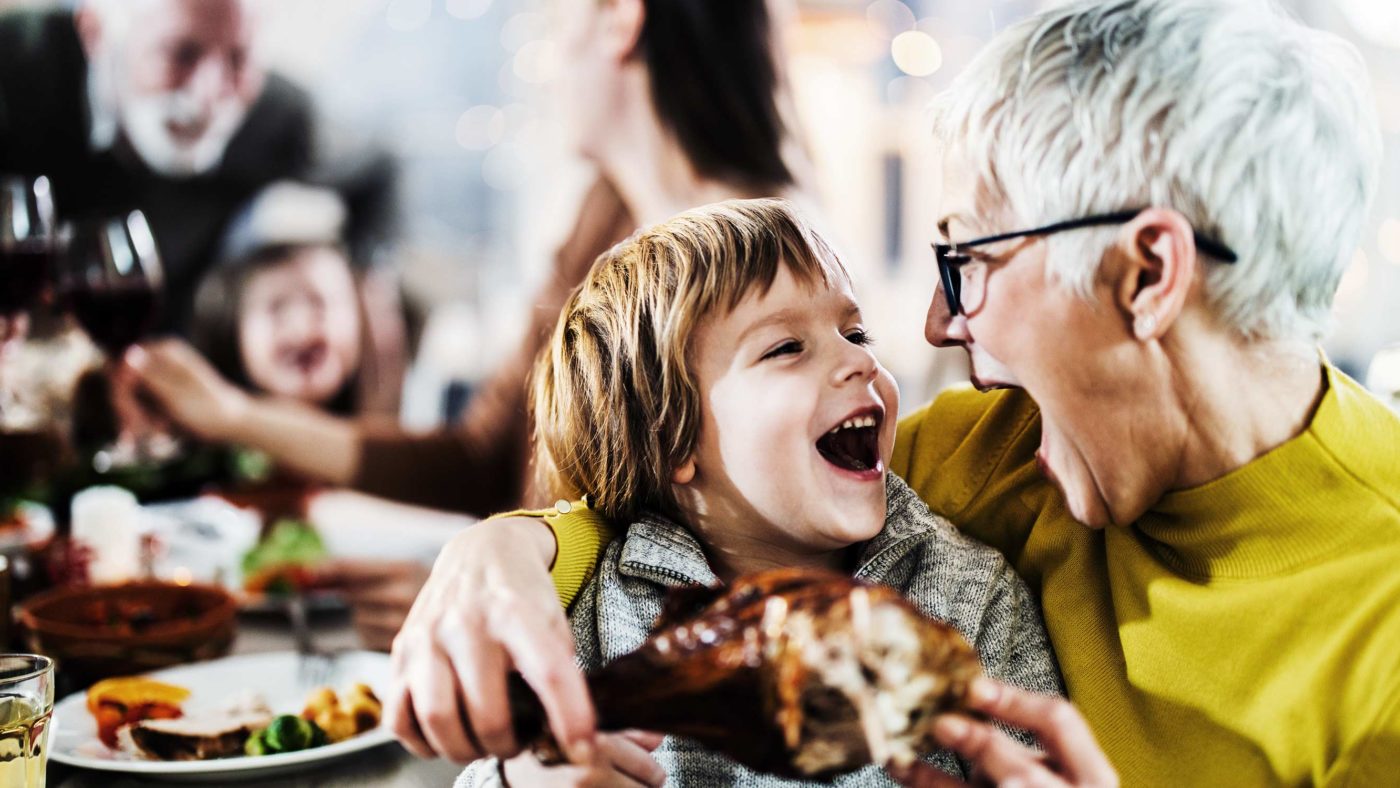Just a week ago, I asked on Twitter: How much money would you need to be paid to voluntarily accept being locked down from December 23 to January 3, alone with your household?
It was a semi-serious question. News of the omicron variant was filtering through. Plan B measures were being talked about, including a return to mask mandates and work from home advice. Given this context, I was trying to ascertain just how much value people put on the social aspects of the festive period. If a Covid hawk appeared at your door offering to pay you not to socialise over Christmas, what would your price be?
As you might expect, some people (seeing where I was going with the question) responded to signal their Covid team bona fides. A bunch said they’d do it for free, or even pay to be isolated, given their altruism. Others said that no amount of money could persuade them to avoid meeting their families. The latter seems particularly incredible: if Jeff Bezos rocked up and offered his fortune for spending 11 days at home, would anyone really pass up billions of pounds for a few days with family or friends?
These unusual groups aside, though, I think the remaining responses reveal a few important economic insights into how we should think about the economics of the pandemic.
The first lesson from the answers is that value in a pandemic cannot be conflated with what we measure in markets, as summarised by GDP, nor simply linked with public health outcomes. Aside from those who responded by saying they’d do it for free, the lowest figure offered was £500, with the highest figures jumping to £30,000 or even £50,000. That might in part reflect an unusually wealthy subset of the population, but the point is a lot of people put a very high value on socialising at this time of year, irrespective of the virus’ presence. And this value is inevitably lost when government mandates scupper our plans.
A lot of the time when we talk about Covid restrictions, people discuss trade-offs between health and the economy. These are often overblown: as we are probably about to see, a rampant virus tends to lead to a sharp downturn in economic activity as people voluntarily step back from their normal lives. But there’s clearly value in our social liberties – a value which tends to get downplayed when discussing the costs and benefits of restrictions. And when it comes to the Christmas period, another lockdown would wipe out a lot of value that would be unobserved in economic statistics.
The second lesson, however, is that there’s massive variation in the value attached to socialising at Christmas, mainly because of the hugely differing circumstances people find themselves in. Economists know that value is not only subjective, it is context-dependent. If you live alone, have terminal cancer, love Christmas, or have already booked a holiday to see family you’ve not been able to see for two years, you are likely to attach a very high value to socialising outside your household this year. If you’re someone who, for whatever reason, would probably spend the season alone with your household anyway, or don’t even celebrate it, then you’d likely accept a much smaller sum.
Ordinarily, a major problem with restrictions on freedom is that they cannot possibly account for this heterogeneity of value. When we speak in aggregate about the costs of lockdown restrictions, we often forget that for some people the ‘costs’ are tiny relative to their ‘normal’ and for others the costs – whether losing jobs or missing special times with family – are huge.
Of course, it’s precisely because my behaviour can affect third parties that Covid is a thornier problem than when making day-to-day decisions. But one virtue of liberty in normal times is that it facilitates us making the best decisions for ourselves accounting for both those very personal values and the very local knowledge of our circumstances that no government bureaucrat could ascertain. Those are two reasons why freedom should be the hardy default.
And this insight about the importance of context brings me to the final lesson. For the idea of value being context dependent does not just mean our personal context, but that of the world around us.
What’s clear is that in the past week since my poll, rising caseloads are already leading many families to reassess their festive plans. People are avoiding Christmas parties or drinks with friends to try to protect their Christmas day. Others have had family trips cancelled because relatives have gotten cold feet. Football matches are being cancelled left, right, and centre and it seems the sporting calendar will be disrupted right through into the New Year. A lot of businesses will close as customers voluntarily stay away.
When the actions of others change, the value to us of being able to socialise will change too. A friend answered the poll privately to me with a fairly low number last week, which I was pretty surprised at. Yesterday, he messaged me asking how his low value was looking now, given he will essentially have to stay at home with his household anyway.
That’s the thing about Covid economics. There are indeed all sorts of value losses which get ignored or aggregated into something meaningless when the state imposes restrictions. Yet the value attached to those lost freedoms can change dramatically when a new viral wave hits, people valuable to us are threatened, and the world around us responds accordingly.
Click here to subscribe to our daily briefing – the best pieces from CapX and across the web.
CapX depends on the generosity of its readers. If you value what we do, please consider making a donation.


